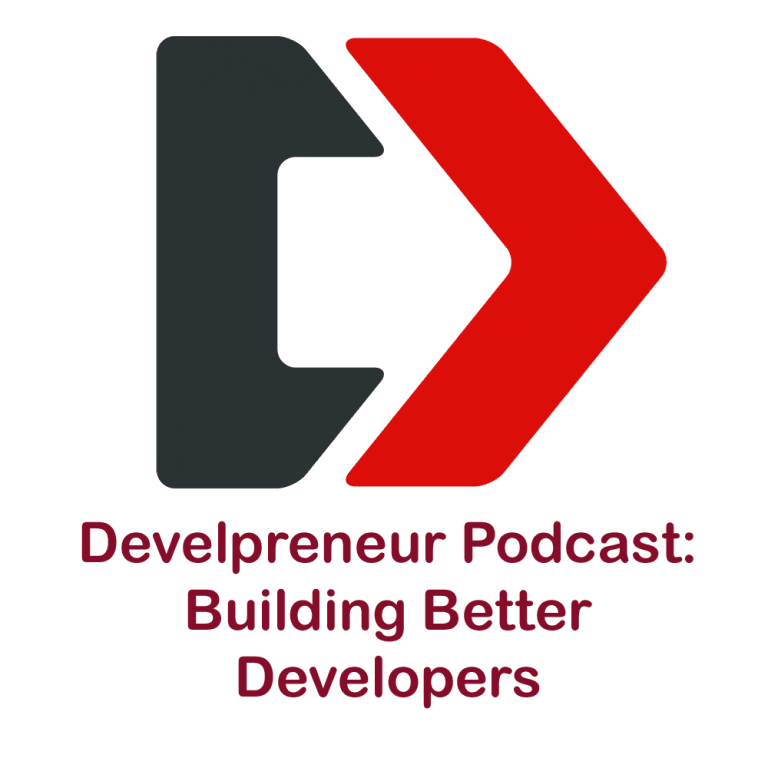Develpreneur Blog • Latest
Latest Posts
Fresh thinking, practical patterns, and lessons that compound — built for developers who want to ship, lead, and build momentum.
The steady path of continuous improvement can be derailed by burnout. This situation can not only halt progress, but it can also cause us to fall backward. The time and progress lost can be…
Better Developers Do These Three Things
It only makes sense that we would provide a list of things that better developers do during this season. That is a primary focus of this site and one that is easy to step…
Three Impressive Achievements We Can All Do
All resumes are not created equal. There are impressive achievements we can list that will make us stand out from the crowd. While these are goals that take some time and effort, many are…
Interview Better With These Three Tips
One of the ways to achieve your dream job is to interview better. That allows us to impress decision-makers and win the positions we are suited for. However, a good interview requires time and…
Win Projects And Jobs Better With These Three Tips
Our career path will inevitably require us to try to win projects or land a job. There are simply no ways to avoid that. That means that almost every time you apply for a…
Three Tips To Avoid Writer’s Block And Find Content Topics
Writer’s block is a nasty situation when you are trying to crank out regular content. This may be for a blog, a podcast, or a brown bag lunch session. In all of these cases,…
Three Tips for Faster Debugging
It is time for honesty. There is a dirty little secret we need to discuss. It might be surprising even. However, we need to talk about the bugs in our code. We all would…
Key Considerations For Evaluating Software – A Template For Success
We all will have a time where we need to evaluate and select a software solution. This moment can seem daunting when we need to be confident in making the best decision. We do…
Build a Better To-Do List With These Three Tips
Steady progress is an essential step in becoming a better developer. One tool for achieving this is to create a good set of tasks to complete. A daily list is an excellent starting point…
Three Key Skills For Database Developers
Relational databases are an essential piece of many modern solutions. Thus, most developers have some exposure to SQL within the first few years of their careers. Nevertheless, there are a few skills that separate…



